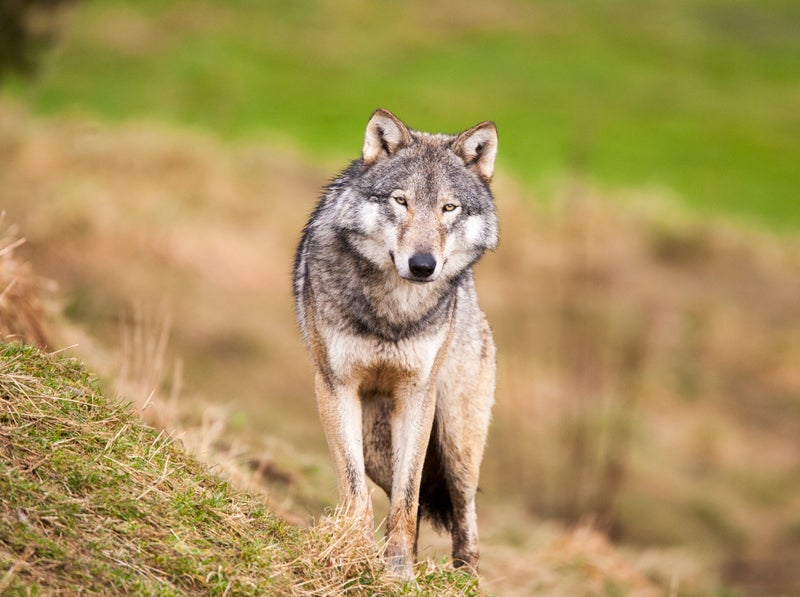“We are going to have to develop far more flexible strategies that involve local people who can guide us to the best policies for dealing with carnivores in particular places if we want to make sure that their return in Europe is done in a sustainable and fair manner.”.
However, saving the lynx required considerable political action and investment that included the introduction of laws in Andalusía to halt indiscriminate snare-laying by landowners; an intense PR campaign aimed at persuading owners of hunting estates to love the lynx; and an initial expenditure of €33m (£28.5m) to fund conservation.
The group, led by Hanna Pettersson of the Leverhulme Centre for Anthropocene Biodiversity at York University, argue there is a worrying lack of clarity about who is “local” in Europe and this failure is triggering “the introduction of unjust and ineffective strategies for dealing with carnivores”.
A system that exaggerates the damage caused by a predator will lead to unnecessary and controversial culls, while one that underestimates the problem will inflict unfair hardship on local people by blocking the compensation they deserve for damage caused by predators.
Two years ago, hunters shot dead 54 wolves in a cull in Sweden, prompting fury from conservationists – and satisfaction among local farmers who considered the predators a threat to their livelihoods.































